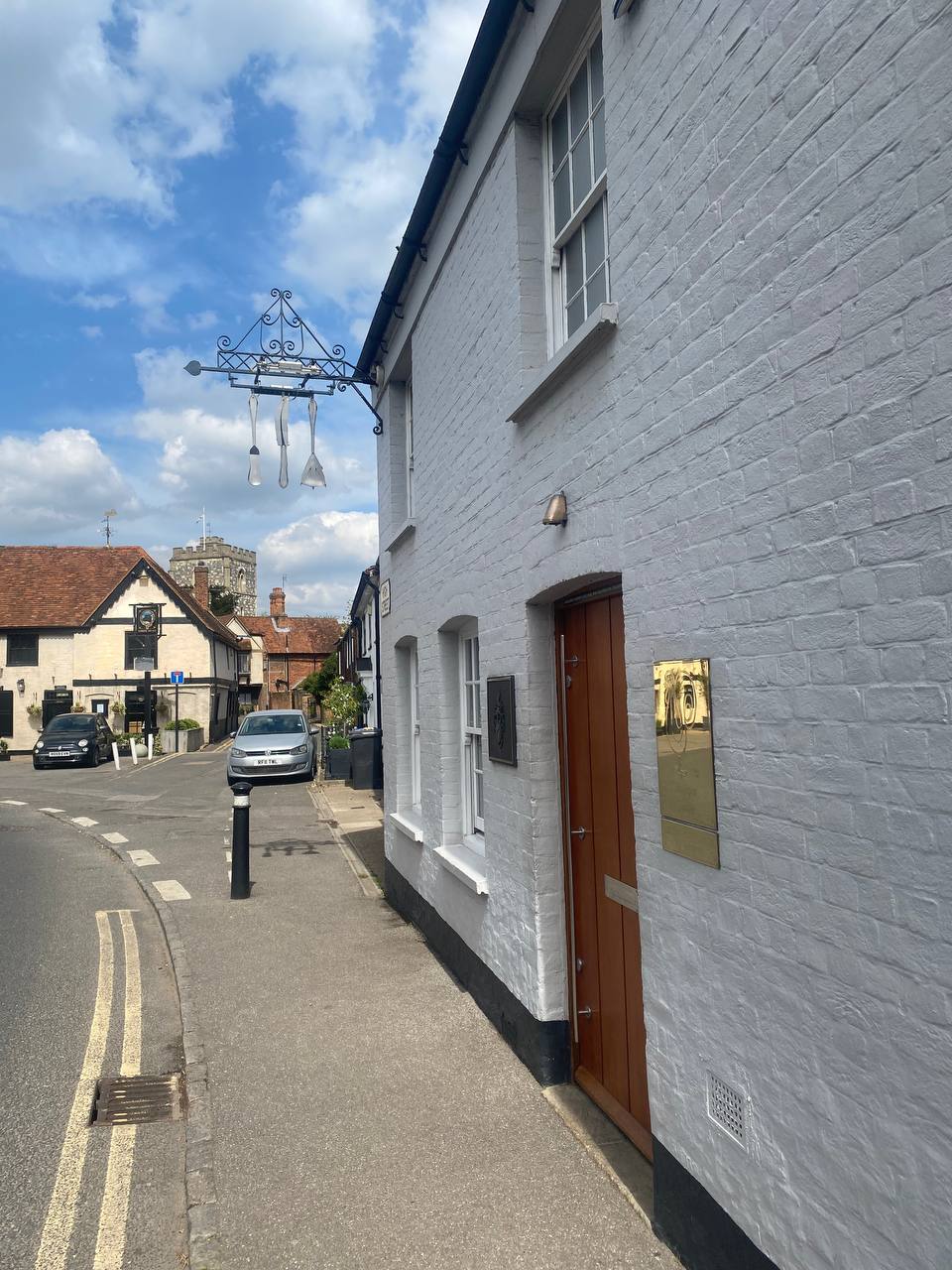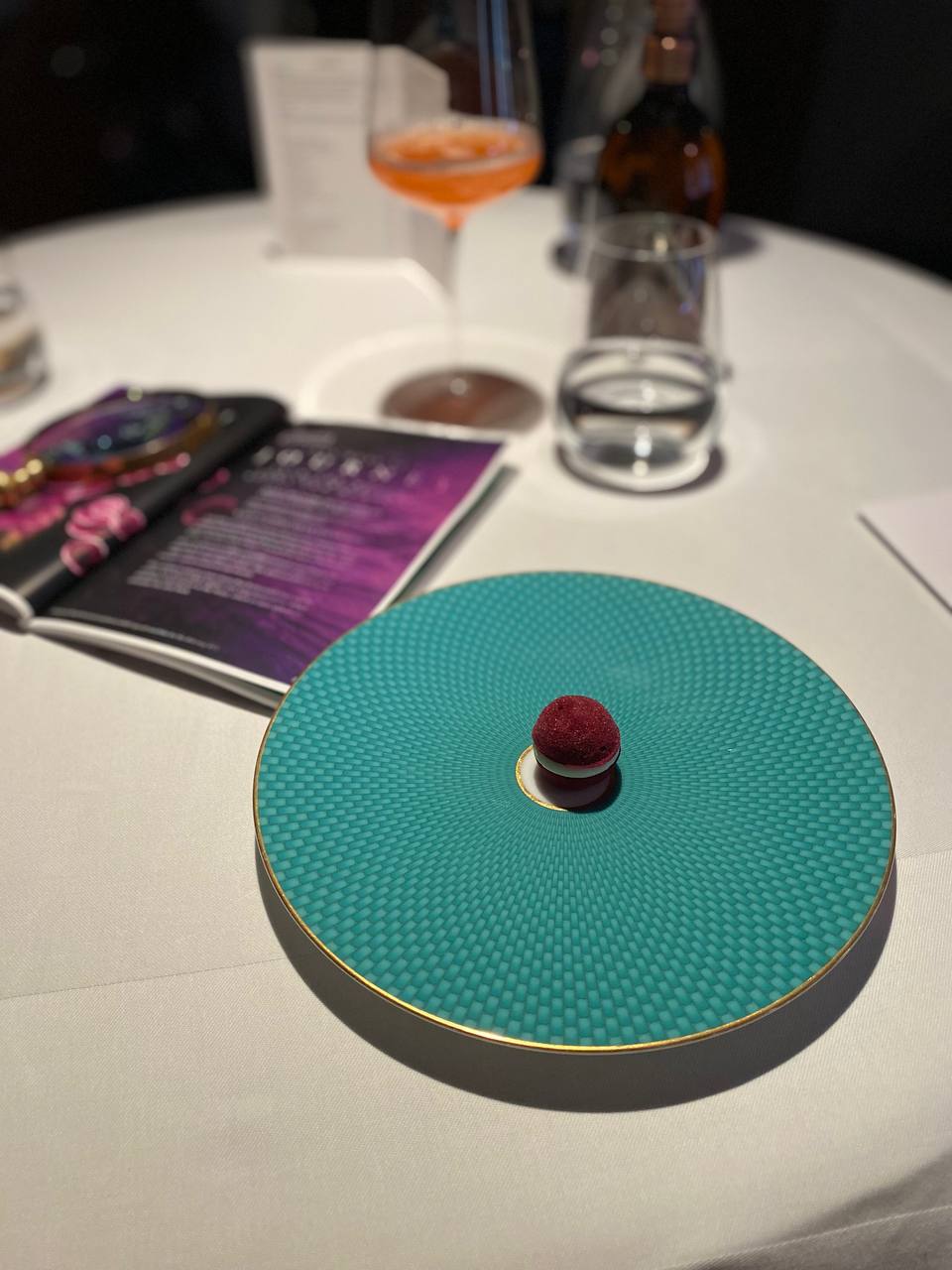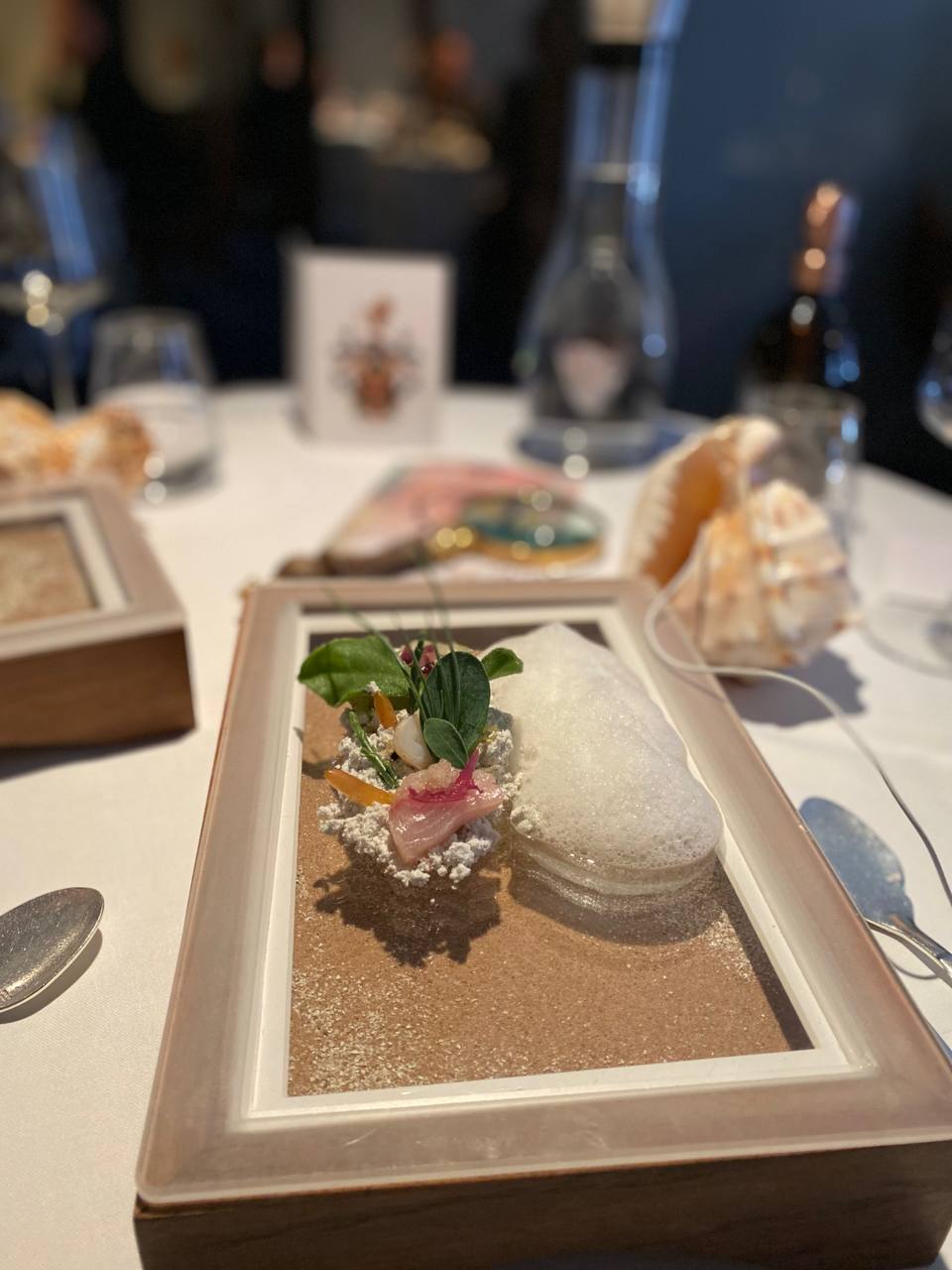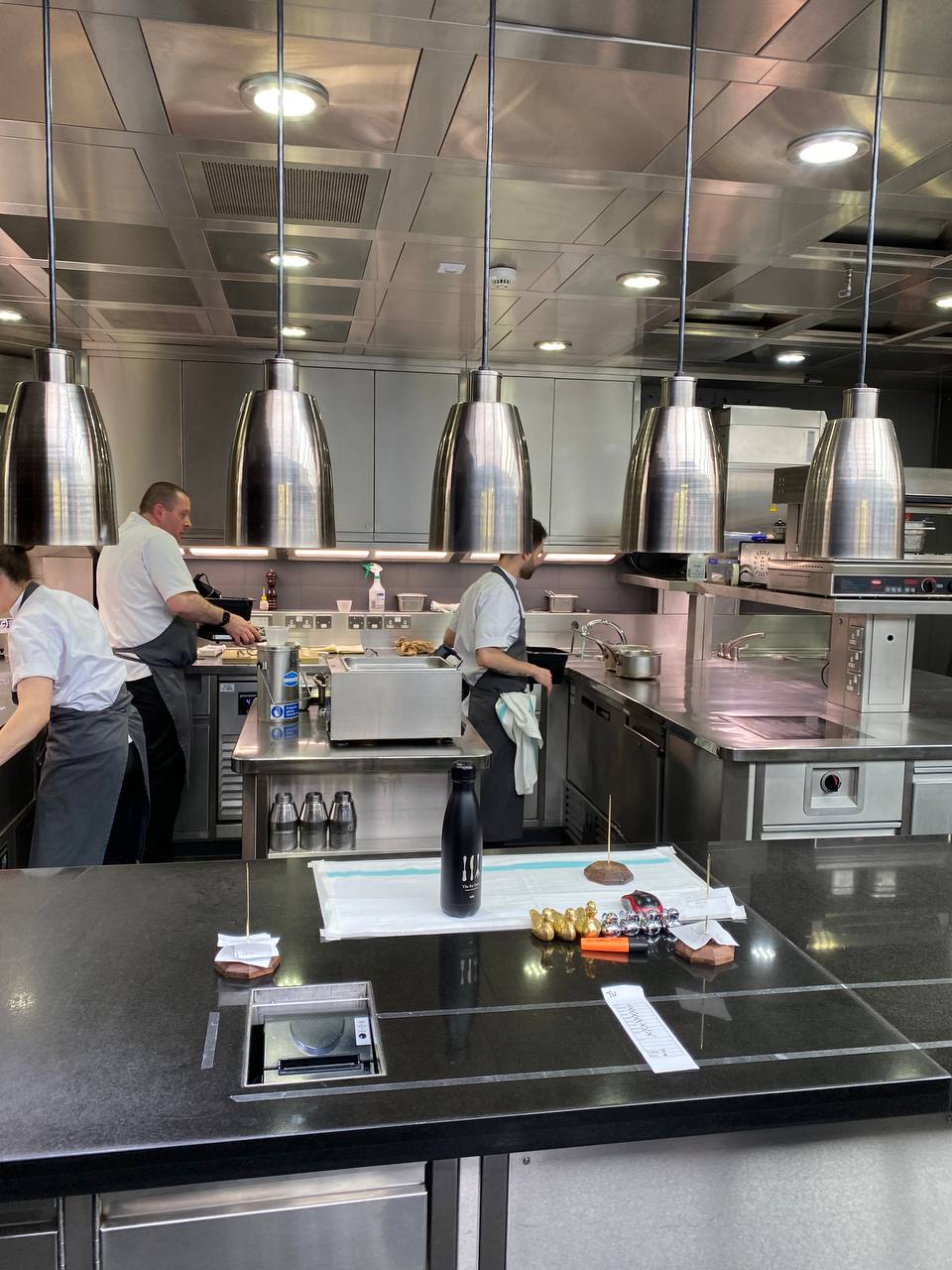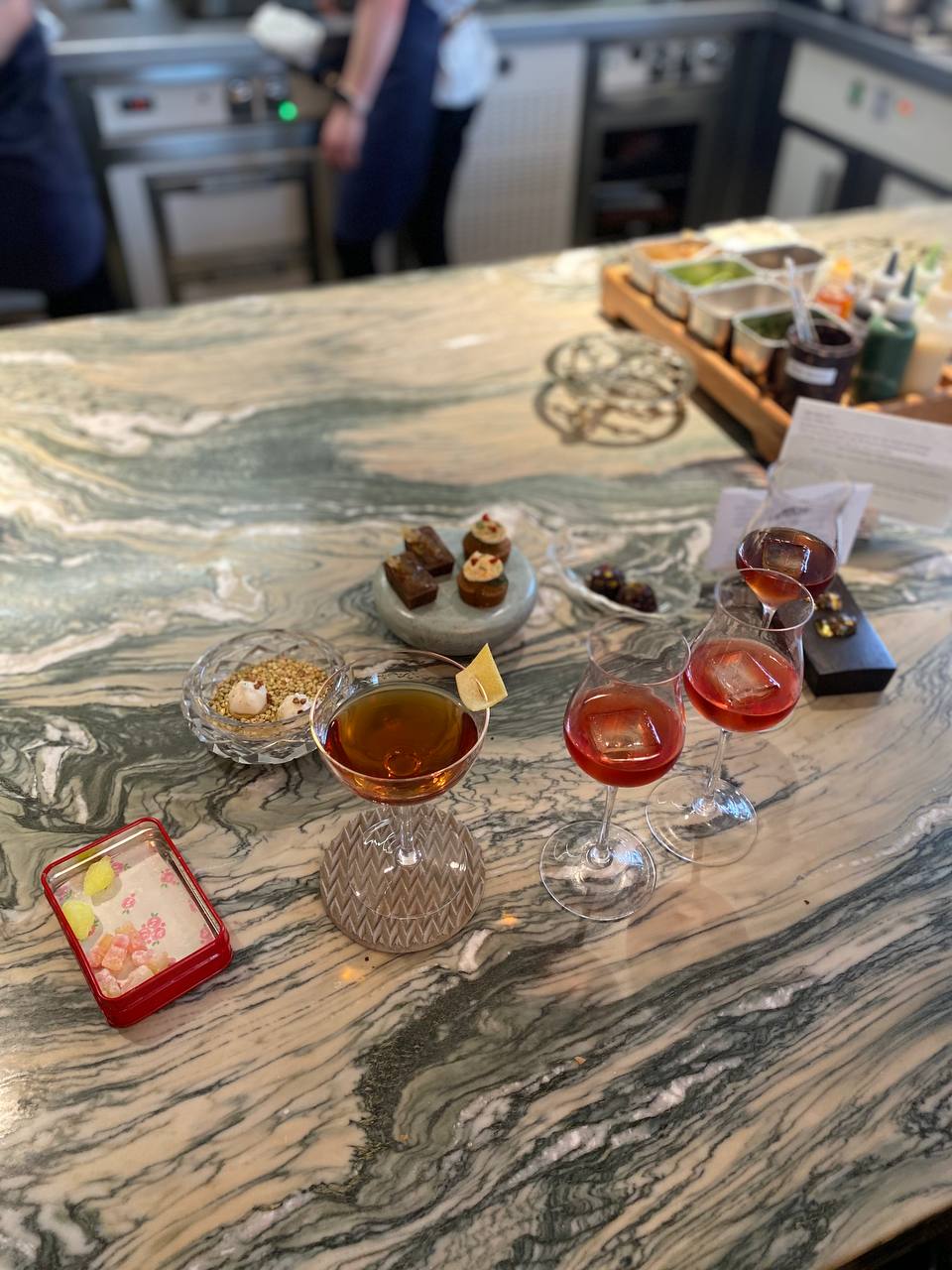Now back to protein shakes and calorie counting.
Things I enjoyed reading
Michael wrote one of my favourite books ("Ground up" or "Кофемолка"), introduced me to one of my favourite hip-hop artists (Oxxxymiron) and made one of a few decent Russian series ("Londongrad"), so even though I didn't read much of his columns lately, this one resonates with me a lot:
I am not megalomaniacal enough to think that my exit from the Russian scene constitutes some sort of loss for Russia. It is, if anything, a form of egotistical self-care. I don’t know how to speak to a country that’s busy destroying its neighbor and itself, so I won’t. I thought I’d built a bridge. But when they’re sending tanks over it, it’s easier to burn it and start again elsewhere.
I wrote a bit on the same topic before, but overall burning bridges seems to be way easier indeed, even though it hurts more.
There are, supposedly, two ways to have your cream tea: the Cornwall way (jam first, to protect the cream from melting) and the Devon way (cream first, as for sandwiches dairy products go first think butter).
The Queen recently attempted to settle this ongoing debate when she revealed she eats her cream tea the Cornish way, jam first. But even an intervention from the Queen herself couldn’t put an end to the argument, and both sides still claim theirs is the right way.
I didn't have much cream teas in my life, but the ones I had, I went with the Devon way, probably because by the time I've finished with all tiny sanwiches the scones were already cold.
A story about an attempt to build a bunch of rigways through London:
The problem was destined to get worse. In 1961, officials at the Ministry of Transport made their first official forecast of how that trend might continue. The results horrified everyone who saw them – another doubling of vehicle numbers over the next 10 years; a trebling over 20. For people who thought traffic was unbearable at the moment, this was a catastrophe. Faced with this prospect, officialdom was appalled. To take one example, the 1961 Parker Morris report into ideal housing standards warned that without proper handling, the advent of the car would lead to ‘jungles of concrete, asbestos and tarmac, housing the car but providing an environment of utter inhumanity’. One civil servant, who showed an atypical talent for poetry, described the motor car as ‘the monster that we love’.
I am actually quite glad they burried the idea: the photos tell the story even better than the quote though.
I never thought about the ways the soap leftovers in hotels are recycled.
The group sat on upside-down pickle buckets and scraped the outside of the soap bars off by hand with potato peelers, pulverized them in a meat grinder, melted them down in Kenmore slow cookers, poured the mixture into soap molds, dried it overnight, and cut it up into new bars.
Seems like that's not that common yet, so probably 99% of it still goes to the landfill. Which kind of means that the best thing you could do to it is to take it with you back home.
This is not the first time I see the Carnivore diet, but not many people I've read managed to stay on it for a few years, and as someone who like their steaks I do see the appeal:
When I travel, I choose not to eat and I’m fine. (Note that I don’t eat chicken. It doesn’t feel balanced. Steak feels balanced, however.) Meanwhile when I ate paleo, I was eating something every two hours. Moreover, with paleo a few times a week I would get cravings that I didn’t know how to satisfy. Now when I do get cravings (and this happens ~10x less often), I can resolve them by eating either more liver, or some honey or berries. When I started this diet, I somehow quickly forgot that I could eat plants, and also experienced no cravings for them.
The only reason I am not fully converted yet is that out of all dishes in the world I don't like liver (and I tried many things, from fried brains to rotten fish intestines to grasshoppers).
Something I remember about from time to time whenever this newsletter is being written is how pricey the hobbies become, whether it's buying a centrifuge to make cocktails, or paying for a new website domain.
There is a huge difference in the amount of effort needed to offset some of the costs of your projects versus making a profit. Focusing on the money means you’ll have to produce whatever sells best, not whatever you like. It means you’ll need to take some of the precious time from your hobby and shift it to marketing and publicizing yourself and your projects. Maybe you might like doing that, and more power to you if you do, but personally I think it sucks, so I don’t do it. If you can afford to ignore some potential winnings–and I am aware how big an if that can be–focus on the hobby, and put money further down the list of priorities.
All in all, there is nothing wrong with making hobbies profitable, but it should never be the goal. Once monetisation becomes the main goal, it turns from a hobby into a job with all its pros and cons.
A good way to find out most used chords is to go through a bunch of songs in a few books and map them out accordingly, which is what the author did, but the problem appeared to be a bit more complex:
This isn't a great way to look at it, though, because it is absolute and music is (mostly) relative. We perceive a song that goes "C F G" very similarly to one that goes "A D E". Musicians will often use "Roman Numeral notation" to talk about chords in a purely relative sense. If we look at "C F G" relative to "C", or "A D E" relative to "A", we can call them "I IV V": they are each three major chords using the first, fourth, and fifth notes of the major scale. We indicate minor chords by using a lowercase number: "iv" would be "Am" relative to "C", or "F#m" relative to "A".
Sadly it doesn't seem like I can learn one or two guitar chords and cover up all my needs.
Pretty much all main streets in London have a bunch of those candy stores with American produce, but I never paid attention to the prices (because probably never bought anything there, thanks to Amazon).
If you've not been inside one of these candy stores they're essentially an Aladdin's cave of sugary treats, most (but not all) originating on the other side of the Atlantic. That means shelves of Oreos, Hersheys and funky flavoured Pop Tarts as well as racks of Cheetos, Milk Duds and assorted Nerds. There's often a entire wall of sugary cereals like Apple Jacks, Cocoa Pebbles and French Toast Crunch, plus all sorts of chewy options like Hubba Bubba, Millions and Dots. Expect to face flavours like blueberry, bubblegum and watermelon which are less familiar in the UK, and if there's a chiller unit the likes of Kool-Aid, Mountain Dew and Fanta Berry. You might even grab yourself a packet of Sour Jawbreakers, a bag of Chile Limón Lay's Potato Chips, a selection of Mike & Ikes or a box of Nabisco Grahams. But what you won't see anywhere is a price.
I still think that most of them are just money-laundring machines, but even that probably shouldn't justify the rent.
I am a proud owner of a lock-picking set for more than a year now, but still enjoy stories about unbreakable locks:
So again, what is “high-security”? Turns out, “high-security” is a fairly difficult term to define. One lock can be more secure than another, but where does “security” become “high-security”? My attempts to define the term have revolved around asking first, “what do I want from a high-security lock?” The features that a high-security lock provides are more meaningful to mean than any standard or definition.
I also agree with the author's point about the point of good locks not to prevent someone from entry but to make the entry obvious (whether it's by broken glass or picked locks), as that's often a way more valuable information.
A very detailed story about one of the most common scams:
According to another text sent from the same number as the confirmation code, the man’s name was indeed Barry and the case number was 2156291. Of course, anyone can make up a name and a case number. But I decided - incorrectly - that even if Barry was a scammer, his second message at least proved that he controlled the phone number that had sent the original code. I didn’t see any harm in reading him back his own digits, so I did. This reasoning was wrong (see below), but fortunately I didn’t get punished for it.
Can't imagine how many people become victims of similar schemes if even engineers fall for it. I just never pick up calls from unknown numbers, so while sometimes I get engry emails from officials, it definitely brings some peace of mind.
Things I didn't know last Tuesday
Seems like this is a nice option for those afraid of blisters:
But unlike anyone else, Queen Elizabeth doesn't have to walk around in stiff leather waiting for them to finally feel like the perfect fit. Her Royal Highness only wears a pair of shoes after her very own helper breaks them in, thus ensuring the queen's pumps never pinch.
A cheaper way would be to buy the second hand shoes straight away.
Sometimes attempts to solve a UX problem result in unusual decisions, especially when it comes to cuttlery:
The spoon's flattened bowl and thin edge aids scooping a thin layer of sauce from a plate without resorting to tipping the plate; the notch in the bowl is variously claimed to allow oil or fat to drain away from the sauce, or to be a reference to the notch in a fish knife.
| 